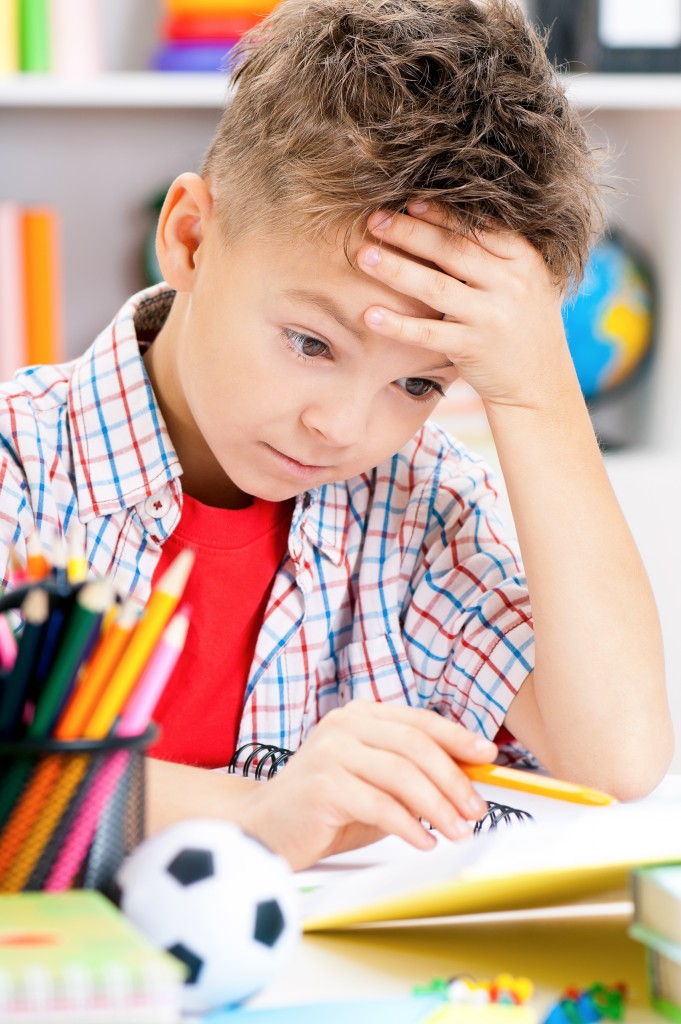Learning and development have always been one of our strong suits as humans. We can incorporate tools, utilise past learnings, and adapt to emergencies, testaments on how we, as a species, have learned through past experiences and learnings.
Even though children are known for easily learning lessons, some children don’t have the same luxury. Some children have difficulties in the learning process and can persist until adulthood. Although there’s no one main cause for much of these learning difficulties, various factors affect a child’s overall development.
But what causes learning disabilities in children? How do we prevent learning disabilities at an early age? We’ll be discussing ways of identifying developmental disabilities and what you can do for your child.
Difficulties in Learning
Although most parents and individuals pass off learning difficulties as just another “trait,” it’s actually a condition that impacts an individual’s ability to process lessons, skills, and ability to gain knowledge at a slower rate than expected. Still, there are a variety of factors that can affect development.
Most of the time, difficulties in the learning process stems from cognitive disorder or a person being mentally handicapped. But even though someone is mentally disabled, this does not make someone less intellectual. Most experts would say that this is the person only having a different thought process. In a traditional sense, most children can easily learn with the right methodical techniques and setting, but a child with a different thought process might not think the same way, which can often lead to “difficulties.” While this is the case, a lot of countries around the world still consider learning difficulties as a learning disability.
In reality, many children who have learning difficulties are smarter than some of their peers, with some being smarter in particular fields. Since many of these individuals are known for acquiring knowledge in more “unorthodox” ways, many of these children will need special learning strategies and lessons specifically tailored to their learning methods. This will help them overcome any obstacles and challenges they may have while helping them through a more “traditional” academic environment.
Some of the most challenging obstacles that these children have are related to reading and writing. Thus, special forms of communication are needed to circumvent learning difficulties. Although it might be a bit daunting for parents to help children in the early stages of learning, it’s important to note that these children have become even more successful in life with the right support and proper learning intervention.
Different Types of Learning Disabilities
Information Processing Disorders
First and foremost, the most common type of learning difficulty is information processing disorders. Children who have these disorders will usually have a harder time with certain senses, such as visual process or hearing. Although, this is more of a deficit rather than an actual disorder. This includes:
- Visual processing
- Audio processing

A great way of helping children with audio and visual processing disorders is by giving them various reading materials to engage both their visual and auditory senses. Fortunately, some children’s storybooks are excellent literary materials for learning. Whether your child does have learning difficulties or not, these materials can help them develop cognitive and learning skills.
Dyslexia
This is known for being another very common learning difficulty among children that can persist through adulthood. This can make reading and processing texts quite challenging. Most affected children will also have a problem identifying linguistic queues such as speech sound and relating them to words and letters. This is part of the earliest form of language training known as decoding.
Other people will struggle with breaking down and associating words with sound. This can be a challenge in discerning between similar words as part of phonological processing. This will usually cause future learning complications in language fluency, spelling, and reading comprehension.
Dyscalculia
Other than just words, children can also struggle with concepts of size and numbers. Most children that have dyscalculia will have a harder time doing basic “grounded” math problems. They will also have difficulty knowing the sequence of numbers and will often have limited capabilities when solving problems.
There are a variety of developmental disabilities that parents will need to be aware of. If you’re in doubt of your child’s ability to learn, there’s no hurt in supporting and giving them the right training they need. You might also want to consult with a professional who’s well-versed in developmental psychology for children if you start seeing a pattern in your child’s behaviour.

